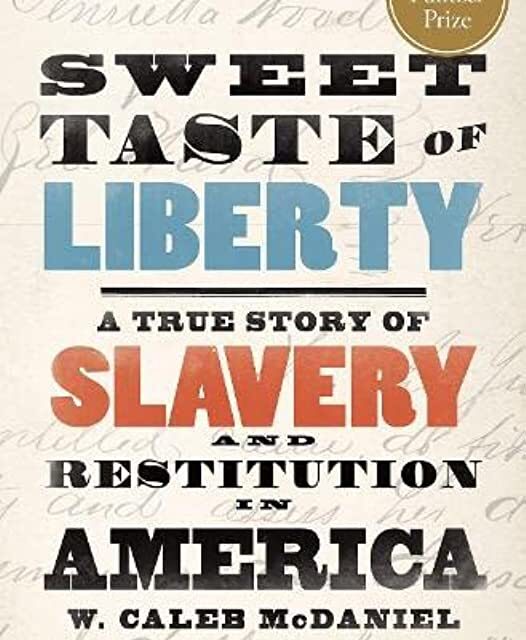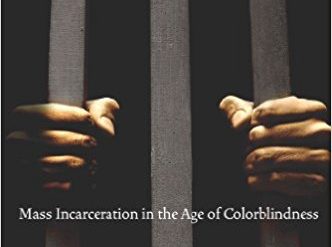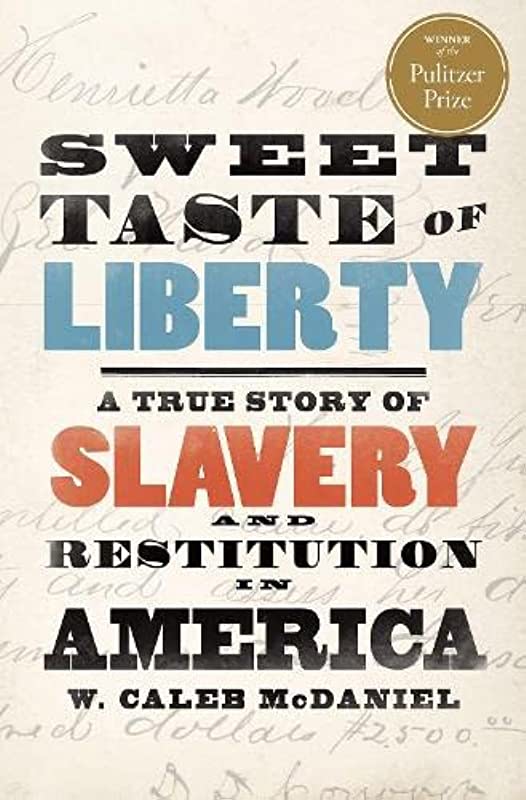
The mid-year point offers a convenient opportunity to take stock, with a glance back at the best books of 2023 so far. Now, when I write “best books,” keep in mind that I’m only writing about the best books I’ve read from January 1 to June 30. In short, they’re only the “best” of more than 100 I’ve reviewed during that period. After all, at least 1.5 million books first saw print during the first six months of the year, not to mention the nearly 200 million that were published in earlier years. So, you always need to look at anyone’s “best books” list as reflecting nothing more than what they’’ve managed to read themselves (assuming they’ve even actually read the books, which is not a safe assumption. I have.)
Estimated reading time: 12 minutes
Oh, and one more important thing. The books on this last aren’t all newly published. In fact, some first appeared years ago (although eight of the twelve were in fact published in 2023).
With that understanding, then, here are the three best books in each of my four categories: nonfiction, popular fiction, mysteries & thrillers, and science fiction. I’ve arbitrarily limited myself to a total of twelve. And, truth to tell, I found it more difficult to choose the “best” in some categories than in others.
Below, you’ll find each title followed by a teaser to my review, generally its first paragraph. The link to the review is in the headline. As you’ll see, the books are not arranged in any particular order within each category.
Best nonfiction books
Sweet Taste of Liberty: A True Story of Slavery and Restitution in America by W. Caleb McDaniel (2019) 352 pages ★★★★★—Reparations for slavery—in the 19th century
Over the past decade, beginning with the police murders that triggered the Black Lives Matter movement, discussion of reparations for slavery has surfaced in public discourse across the United States. Many know now that reparations could begin to reduce the damage. But reparations are far from a new idea. They were a subject of debate in the nineteenth century even while slavery was still in force. And historian Caleb McDaniel’s masterful, Pulitzer-Prize-winning book, Sweet Taste of Liberty, brings that debate to light.
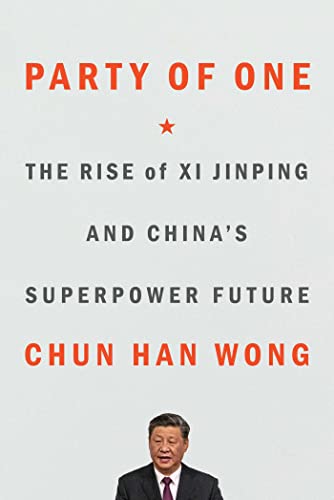
Party of One: The Rise of Xi Jinping and China’s Superpower Future by Chun Han Wong (2023) 416 pages ★★★★★—An insightful biography of Xi Jinping
Early in his career as a rising provincial official, people locally viewed him “as a cautious and somewhat nondescript administrator, one who preferred working by the book and avoiding decisions that could backfire later.” But, as Wall Street Journal reporter Chun Han Wong makes clear in his incisive new biography of Xi Jinping, he was simply biding his time. Xi was building a base of friends and supporters who could help him attain the greatest prize of all: paramount leadership in the Communist Party. And today we can see that Xi Jinping is anything but cautious or nondescript. He has seized the reins of power more firmly than anyone else in China since Mao Zedong and worked himself into a position where he may rule the country for life.
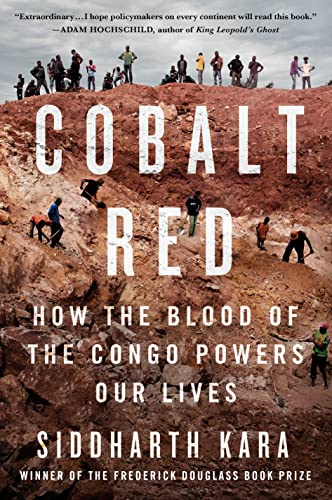
Cobalt Red: How the Blood of the Congo Powers Our Lives by Siddhartha Kara (2023) 288 pages ★★★★★—How our cell phones and electric cars depend on virtual slavery
You may have come across reports about the violence surrounding the mining of the rare mineral coltan in Central Africa. It’s a source of the element tantalum, which is essential in the manufacture of cell phones and laptops. And about eighty percent of the world’s supply comes from the Democratic Republic of Congo (DRC). But it’s hardly the only strategic resource found in large concentrations there. That’s the case, too, with the rare metallic element cobalt, which is easily confused with coltan. The independent American author Siddhartha Kara reveals the modern-day slavery involved in cobalt mining in the DRC in his chilling report, Cobalt Red: How the Blood of the Congo Powers Our Lives.
Best popular fiction books
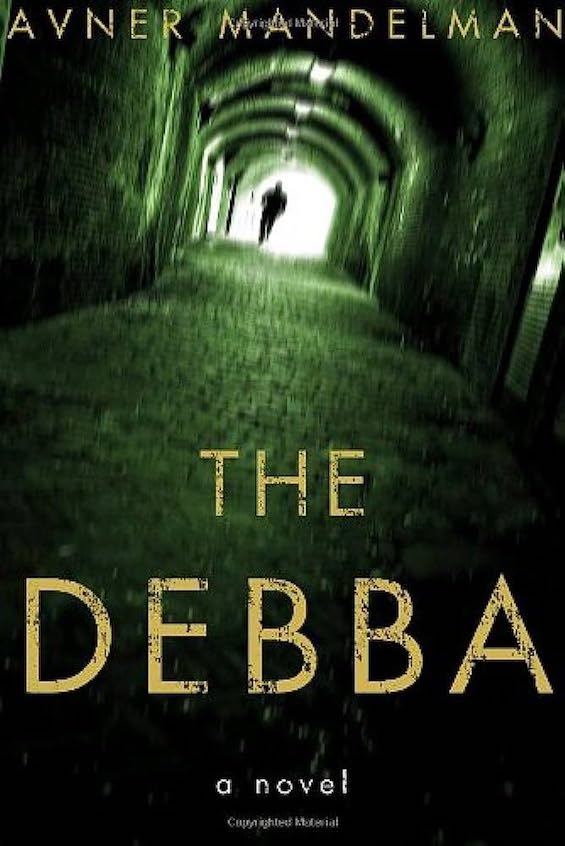
The Debba by Avner Mandelman (2010) 368 pages ★★★★★—A superb novel digs into the roots of Israel’s modern history
As an American Jew and both secular and far more progressive than the self-appointed leadership of the U.S. Jewish community, I’ve often wondered how the current intractable standoff between Israelis and Palestinians came about. “It’s obvious,” you’ll say. “Jewish immigrants from Europe forced Palestinians from their land,” and of course that’s true. But doesn’t it seem unlikely that every Israeli became an Arab-hater shortly after arriving, and every Arab a Jew-hater just as quickly? Weren’t there those on both sides who opposed the fighting? Those who worked for reconciliation through the years of Israel’s “pre-history” (before 1948) and in the decades since? Surely, the later Peace Now movement had its precursors. After all, Israel’s modern history is full of contradictions.
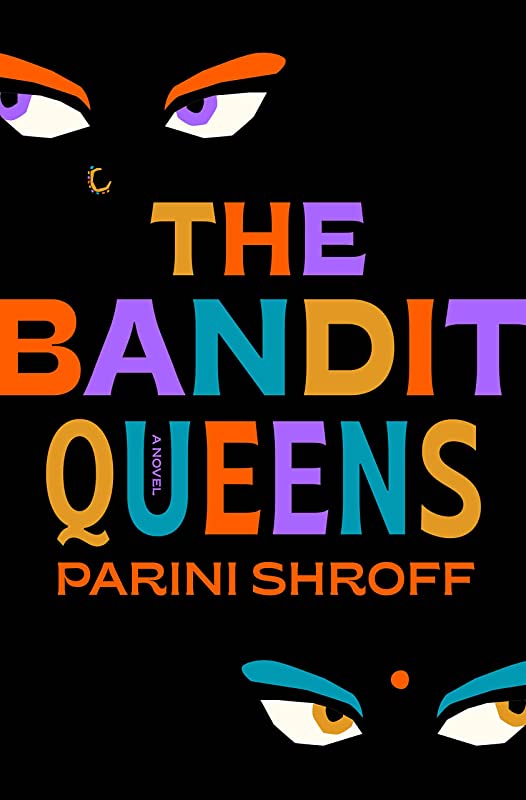
The Bandit Queens by Parini Shroff (2023) 352 pages ★★★★★—You’ll laugh about these murders in an Indian village
You’re not likely to find yourself laughing out loud in a typical story about murder. Oh, there are those authors who set out to write crime novels with a smile or a chuckle on every page. Carl Hiaasen or Janet Evanovich, for example. But Parini Shroff doesn’t write like that. Though her debut novel, The Bandit Queens, is hilarious, it’s only intermittently so. Because in the space of 350 pages she manages to address the enduring ills of life in an Indian village today. Poverty. Alcoholism. Endemic domestic violence. The profound injustice of the caste system. And superstitious fantasies as vicious and nonsensical as the most over-the-top American conspiracy theories. But above all The Bandit Queens is a story about the oppression of women.
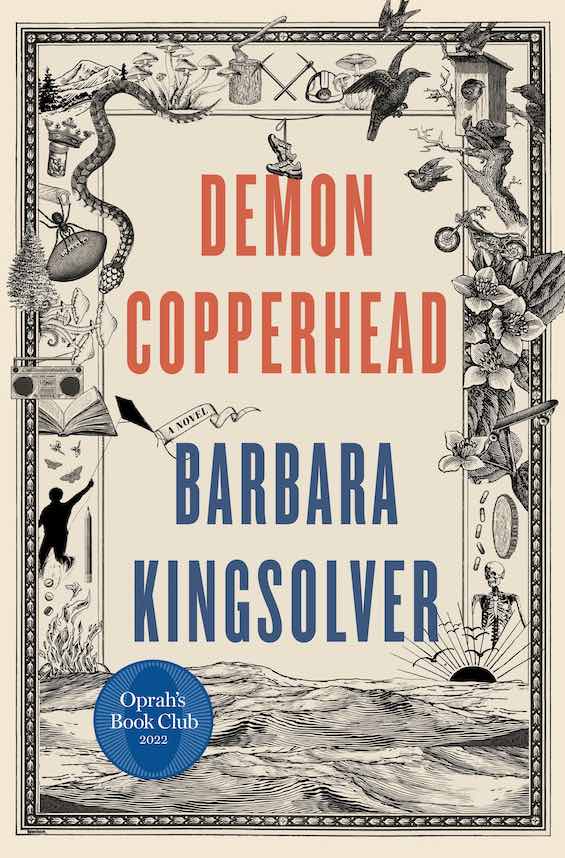
Demon Copperhead by Barbara Kingsolver (2023) 560 pages ★★★★★—An engrossing novel of the drug epidemic
Charles Dickens’s semi-autobiographical novel, David Copperfield, appeared in 1850. The book, his favorite among the nineteen novels he published during his lifetime, plumbed the depths of his difficult upbringing in Victorian England. It has been adapted to film or television fourteen times over the past century. And it appears on many lists of the best novels ever written. Now, the celebrated novelist Barbara Kingsolver has built a modern-day tale of boyhood on the bones of Dickens’ story in Demon Copperhead, her novel about the drug epidemic in Appalachia.
Best mysteries & thrillers
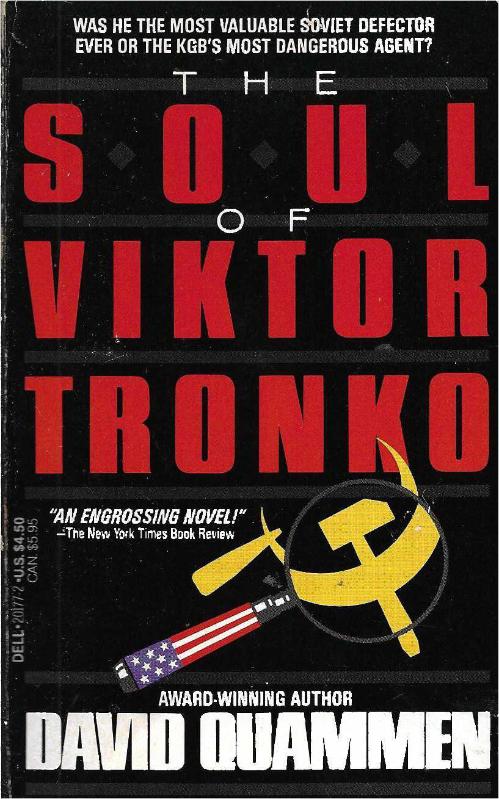
The Soul of Viktor Tronko by David Quammen (1987) 403 pages ★★★★★—Digging down deep to find the mole in the CIA
At the time, few if any inside the Agency would have called him a “mole.” That term didn’t enter wide use until the publication in 1974 of John le Carré’s novel, Tinker Tailor Soldier Spy. But for a decade in the 1960s and 70s, the CIA’s counterintelligence chief, James Jesus Angleton, turned the Agency inside out in a futile search for the highly placed KGB spy he was convinced the Soviet Union had embedded at Langley. His unrelenting search for the mole in the CIA continued until Director William Colby fired him in December 1974. But the damage had been done by then. And he never found the fabled mole. That fruitless search is the subject of David Quammen’s endlessly fascinating novel, The Soul of Viktor Tronko.

My Father’s House (Rome Escape Line Trilogy #1) by Joseph O’Connor (2023) 440 pages ★★★★★—The WWII Vatican Escape Line for Jews and Allied POWs
Oskar Schindler and Raoul Wallenberg are the best known of the 28,000 Righteous Among the Nations. All were non-Jews from fifty-one countries recognized by Israel’s holocaust museum, Yad Vashem. The Irish priest Monsignor Hugh O’Flaherty is much less well known, and joined the list only in 2017. That was more than seventy years after his heroic leadership in the WWII Vatican escape line. O’Flaherty led the effort, recruiting other priests, an Irish diplomat and his wife, agents of the Free French, Italian partisans, and escaped soldiers. Together, they helped 6,500 Allied POWs and Jews escape the homicidal Nazi tyranny. The Monsignor’s remarkable story comes back to life in acclaimed Irish novelist Joseph O’Connor’s suspense-filled novel, My Father’s House.
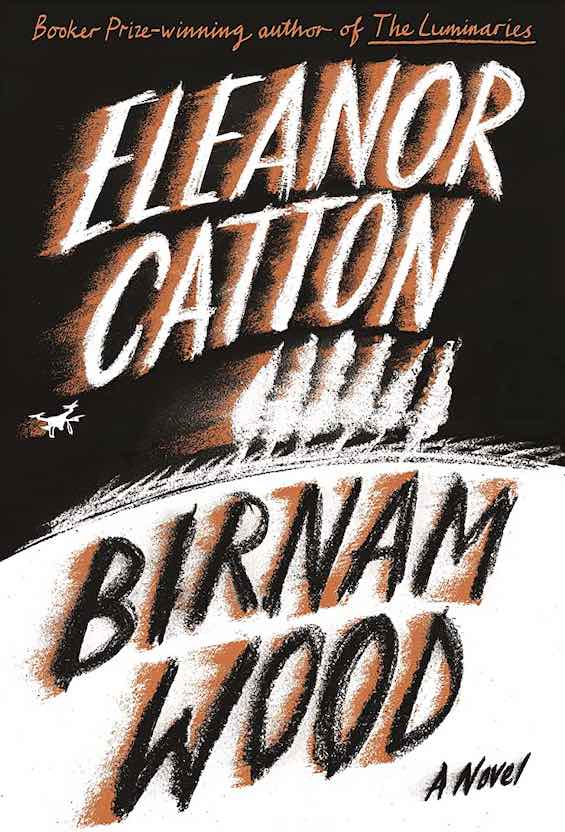
Birnam Wood by Eleanor Catton (2023) 432 pages ★★★★★—A billionaire survivalist meets environmental activists
Elon Musk gets all the attention these days. But back around the turn of the century, when they merged their companies to form PayPal, Musk’s partner Peter Thiel was at least equally prominent. The German American venture capitalist and entrepreneur, a billionaire four times over, has emerged in recent years as an outspoken Right-Wing libertarian and a survivalist. Now a citizen of New Zealand, he has led like-minded Silicon Valley moguls like himself to buy up land there to prepare for the Apocalypse, which they view as inevitable if not imminent. Thiel is despised by many of his peers. And that seems to be the case, too, with Robert Lemoine, the high tech billionaire at the heart of Eleanor Catton’s captivating New Zealand thriller, Birnam Wood.
Best science fiction books
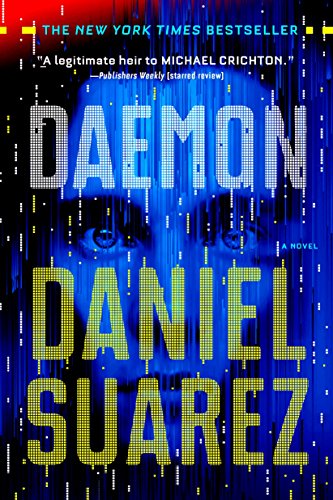
Daemon (Daemon #1 of 2) by Daniel Suarez (2006) 632 pages ★★★★★—It’s not artificial intelligence. But it’s taking over, anyway.
Don’t be misled by the book’s title. The “daemon” of Daniel Suarez’s novel isn’t a malevolent spirit. That evil-sounding word is a term of art in computer science and not at all diabolical. Wikipedia defines it as “a computer program that runs as a background process, rather than being under the direct control of an interactive user.” The billions of lines of code in the software we use every day call up dozens of daemons on our laptops or cell phones. But the daemon of this novel is something else. It runs in the background on computer systems all over the world. It’s “not a thinking, talking, sentient machine. This is narrow AI. It’s a collection of specific rules searching for recognizable patterns or events. Very basic.” But you won’t want to be in the way when it starts taking over.
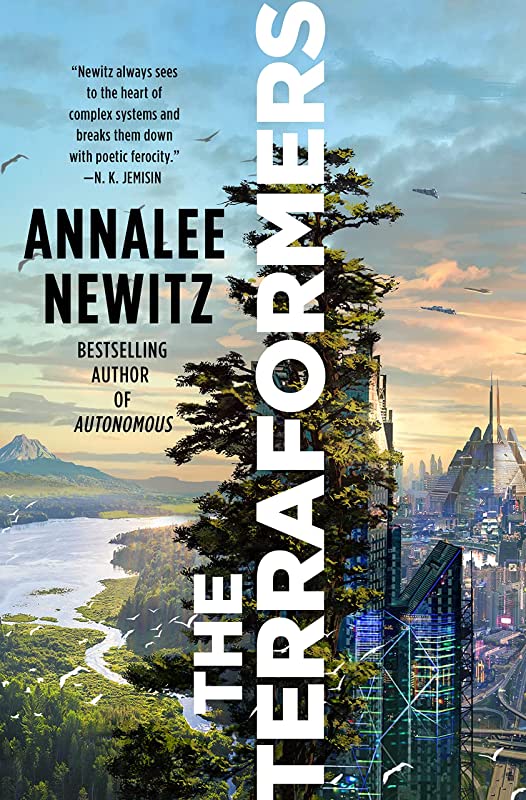
The Terraformers by Annalee Newitz (2023) 352 pages ★★★★★—A hopeful future in this brilliant new novel
When Berkeley-based science fiction author Annalee Newitz set out to write a novel about a hopeful future, The Terraformers was the result. And I am here to report that they succeeded brilliantly. It’s set at a far-distant time when the human race has spread among thousands of worlds throughout the galaxy. The action spans 1,600 years, yet it all hangs together like a fine tapestry on the wall. The book is a tour de force of ingenuity. Almost every chapter offers up some marvelous figment of Newitz’s imagination. The novel oozes optimism, but it is no dreamy fantasy tale. War, revolution, greed, and aggression propel this story. If The Terraformers isn’t a contender for the Hugo, Nebula, Locus, and John W. Campbell awards, I’ll be surprised.
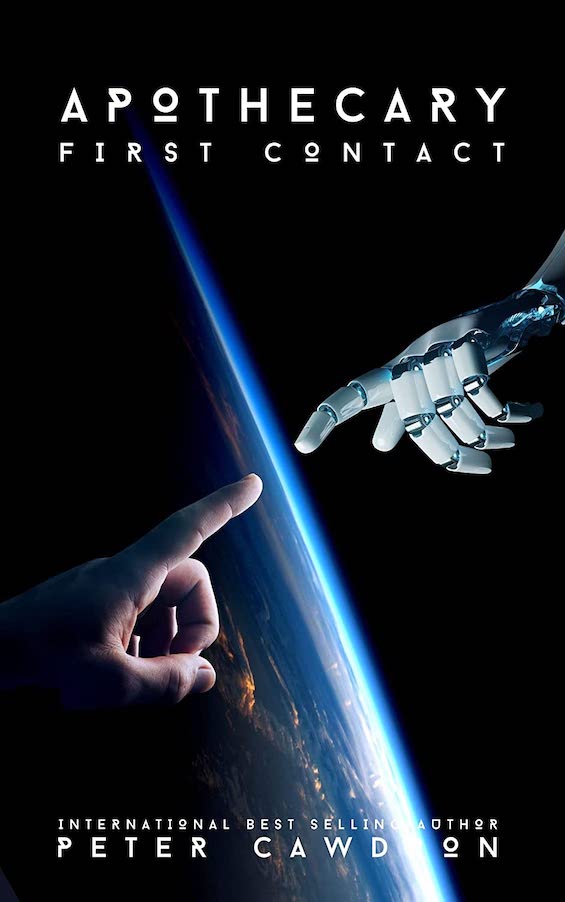
Apothecary (First Contact #23) by Peter Cawdron (2023) 412 pages ★★★★★—First Contact in the 16th Century
Bloody Mary reigns in England as this remarkable novel opens. It’s 1558. Shakespeare had not yet been born, and the queen who would give her name to the Elizabethan Age was months away from gaining the throne. Mary’s agent, the notorious Bishop Blaine, is terrorizing London with wild accusations of heresy—and burning his victims at the stake, with explosive collars around their necks. Scenes like this dominate the opening chapters of Apothecary, Peter Cawdron’s brilliant sci-fi historical fiction mashup.
For related reading
You might also care to see:
- 20 top nonfiction books about history
- Top 10 great popular novels
- 20 most enlightening historical novels
- The 15 best espionage novels
- 10 top science fiction novels
And you can always find my most popular reviews, and the most recent ones, on the Home Page.

